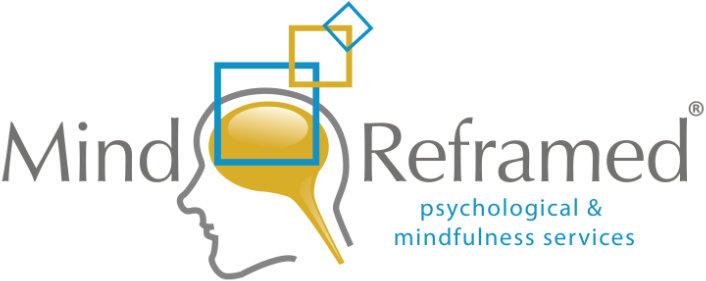
Originally created for individuals diagnosed with borderline personality disorder (BPD), DBT is also incredibly helpful for those with neurodivergent traits like autism, ADHD, and ADD in managing their emotions, handling distress and improving their relationships. We have adapted it for neurodivergent individuals to accommodate different learning styles and make the skills relevant to their unique challenges.
Our DBT programme is available both live and online, providing the same comprehensive experience as our in-person sessions. The programme includes modular skills training in a supportive group setting, optional individual therapy, skills coaching on the phone, and consultation team meetings. Join us to build a toolkit for a more balanced and fulfilling life.
What issues can DBT help with?
- For individuals with autism, DBT can help navigate extreme emotional sensitivity and intense relationship patterns. It offers strategies to cope with sensory overload and improve social interactions.
- For those with ADHD and ADD, DBT addresses issues like impulsivity and mood swings. It provides techniques to enhance focus, reduce reactivity, and manage the emotional rollercoasters often associated with these conditions.
- DBT also assists in managing feelings of anger, depression, anxiety, and shame, which are common among neurodivergent individuals. Our programme helps with eating difficulties, self-harm, and other problematic urges, offering a comprehensive approach to emotional regulation.
What skills does DBT teach?
Our DBT programme offers four core modules that run continuously. You can join the full DBT programme or take each module individually. It takes 34 weeks to complete the modules once. If you want to improve your relationships, you can also join the advanced 10-week Relationship Skills in Action module. Depending on your needs, our team might suggest repeating modules or extending your time in the programme to strengthen your skills.
1. Core Mindfulness and Middle Path (6 weeks)
- Increase awareness
- Decrease reactivity and habitual behaviour
- Be less judgmental
- Train your attention
- Experience the present moment without avoiding or changing it
- Show compassion to yourself
- Avoid extreme positions and see the validity in different perspectives
2. Distress Tolerance (8 weeks)
- Accept difficult situations and emotions
- Survive and tolerate tough moments without harmful behaviours like self-harm, conflict, or substance misuse
- Learn to engage your body and mind to handle stress
- Use strategies of both change and acceptance
3. Emotion Regulation (12 weeks)
- Recognise and label your emotions
- Identify obstacles to changing emotions
- Reduce emotional vulnerability and reactivity
- Increase positive emotions and build a more positive outlook
- Gradually decrease avoidance of feelings
- Become more comfortable experiencing emotions
4. Interpersonal Effectiveness (8 weeks)
- Develop healthy relationships
- Resolve internal and interpersonal conflict
- Increase self-confidence to act assertively
- Learn to ask for what you need, say no, and set boundaries
- Manage interpersonal tension while enhancing relationships and self-respect
- Ideal for those with chaotic, intense, and unstable relationships
5. Advanced Module Relationship Skills in Action (10 weeks)
- Enhance relationship skills further
- Learn about the social engagement system and its impact on the nervous system
- Practice dialectical thinking and balancing opposites
- Balance the desire to influence others with acceptance of the moment
- Validate yourself and others to resolve conflicts and regulate emotions
- Recover from invalidation, build new relationships, and get people to like you
- Two practice sessions to apply skills to real-life scenarios with group trainer support.
How to begin?
Fees
Our comprehensive DBT program, which includes individual therapy, skills classes, and phone skills coaching, costs between £185 and £220 per week. For the breakdown of fees please click here.
If you prefer to join only the DBT skills groups, the cost is £85 per class (payable per module). We offer a limited number of concessionary places for individuals with low income.
To reserve your spot in the skills group, 50% of the module fee is paid at the time of booking. This deposit is non-refundable. The remaining fee is due one week before the module starts. You must commit to the entire module, and the fee covers all sessions, including any missed or cancelled ones.




